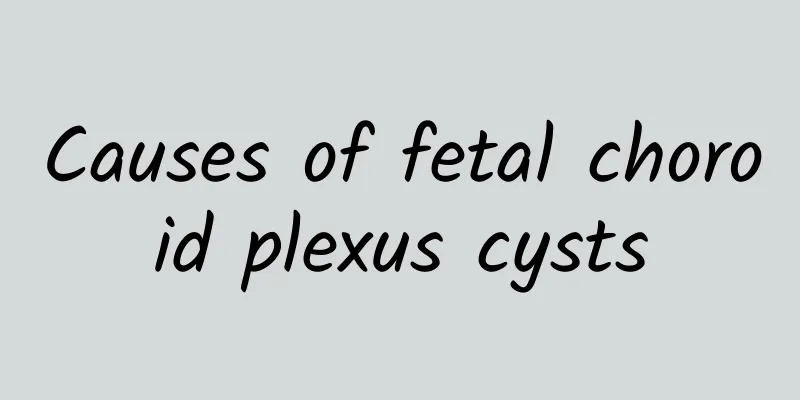Can nephritis cause high blood pressure?

|
Nephritis is a common kidney disease in clinical practice. The disease itself is not very harmful, but as the disease progresses, the harm of nephritis to the kidneys worsens and leads to the occurrence of many complications. Once these complications occur, they are a threat to the patient's life. However, many friends do not know the relationship between nephritis and hypertension, and think that these two diseases will not occur together. Is this true? Can nephritis cause high blood pressure? Nephritis and hypertension are inseparable. The heart and kidneys are connected, and damage to the kidneys will also affect blood pressure and blood circulation. Therefore, in addition to treatment, patients with nephritis should pay more attention to changes in their own blood pressure, control blood pressure stability, and ensure physical and mental recovery. The kidneys of patients with nephritis are damaged, resulting in a decrease in the glomerular filtration rate and a decrease in water and nanofiltration, which causes water and sodium to be retained in the body, an increase in blood volume, and an increase in blood pressure. At the same time, due to renal ischemia, changes in renal vascular tension cause increased renin secretion, which, through the action of renin-angiotensin, promotes increased secretion of cholesterol and antidiuretic hormone, leading to increased reabsorption of water and sodium in the distal tubules, causing high blood pressure. To completely control blood pressure, patients with nephritis should start with diet therapy, medication, and psychological treatment. (1) Diet therapy for nephritis: Patients with hypertension should limit salt intake (3 grams/day). (2) Drug treatment of nephritis: use of diuretics, such as hydrochloride; angiotensin-converting enzyme inhibitors, such as captopril and benazepril; calcium channel blockers, such as amlodipine; beta-receptor blockers, such as propranolol. For patients who take antihypertensive drugs for a long time, they should be fully familiar with the role of antihypertensive treatment in protecting renal function. The dosage of the drug should not be changed or the drug should be stopped without authorization to ensure satisfactory therapeutic effect. The side effects and effects of diuretics should be closely observed. The use of angiotensin-converting enzyme inhibitors should pay attention to blood pressure monitoring to prevent hyperkalemia. (3) Psychological treatment: Patients with nephritis must face the disease positively and have the confidence to overcome nephritis. At the same time, doctors and family members should also encourage patients and give them confidence. Now that we know that nephritis can cause hypertension, patients need to be reminded that when treating hypertension caused by nephritis, the treatment of nephritis must be the main focus. Only by resolving the damage caused by nephritis to the kidneys can hypertension be relieved and the hypertension caused by nephritis can be truly cured. This is something that patients need to know clearly. |
<<: Are there any side effects of soaking onions in wine?
>>: How to deal with itchy hands when dealing with yam
Recommend
Scalp Trichocystis
As the name suggests, scalp hair follicles are a t...
What are the effects of Xanthium sibiricum
Some of us may be unfamiliar with Xanthium sibiri...
What are the easiest ways to treat freckles?
Freckles are generally a kind of pigmentation dep...
Can moxibustion help you lose weight?
Moxibustion has a certain weight-loss effect, but...
How long should I take Chinese medicine?
When we feel unwell or sick, we usually seek trea...
What medicine is good for adnexitis?
The uterus is the most important organ for women. ...
What is irritable bowel syndrome, diarrhea is the prominent feature
The most prominent feature of patients with irrit...
Pimples behind the ears
It is said that a person's health problems ca...
What is the cause of menstrual lower abdominal pain
If a woman experiences amenorrhea and lower abdom...
What medicine is most effective for lumbar pain
There are many reasons for lumbar pain. It may be...
What causes eczema?
In southern my country, the weather is hot and hu...
Can horseshoe cough reliever?
Coughing is the most common symptom of our human ...
What causes tooth root pain?
Tooth root pain is quite common in life. There ar...
Where can I get rid of fever faster with massage?
Fever is a very common physical disease in daily ...
How much weight can you lose in a week by using coarse salt to slim your legs
Many obese people have more fat in their thighs, ...









